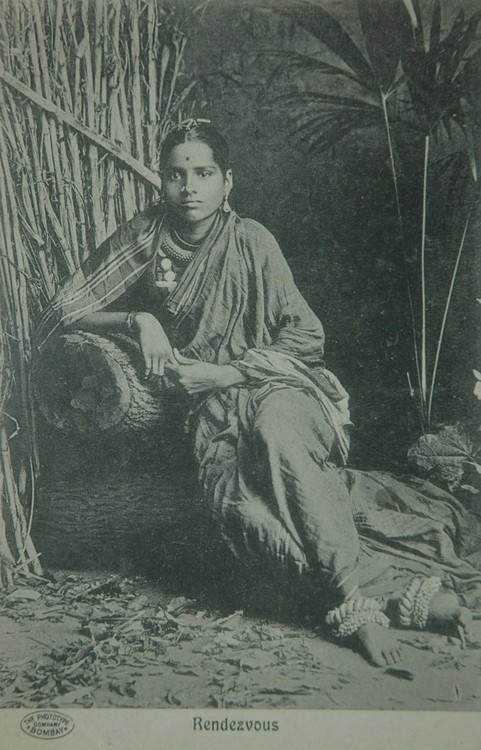
- Rockefeller Hall, 122
Abstract: To write a history of sexuality, or so the story goes, is to embrace the chimeric prose of paucity and plentitude. If the present is marked by an inescapable surfeit of evidence, the past is haunted by an unremitting loss of materials. Histories of sexuality routinely mediate past(s) through archival forms of paucity, disenfranchisement and loss. Sexuality, particularly in the global south, is rescued from the detritus of hegemonic histories of colonialism and nationalism and placed within more reparative narratives of reform and rights. This talk challenges such a focus on loss as the structuring mode of historical narration for queer/sexuality studies. Two sets of questions are at stake here: (1) What if we are to shift our attention from the recuperation of sexuality as loss to understanding it as a site of radical abundance and possibility? How might a turn to abundance work against the imperative to fix sexuality within wider historical structures of vulnerability, damage and loss? (2) What are the archival and/or evidentiary forms that emerge from such a coupling of sexuality and abundance, especially as we turn to subaltern peoples and pasts? How do such forms of abundance fall outside modes of historical interest and preservation?
Anjali Arondekar is Associate Professor of Feminist Studies at UCSC. Her research engages the poetics and politics of sexuality, colonialism and historiography, with a focus on South Asia. She is the author of For the Record: On Sexuality and the Colonial Archive in India (Duke University Press, 2009, Orient Blackswan, India, 2010), winner of the Alan Bray Memorial Book Award for best book in lesbian, gay, or queer studies in literature and cultural studies, Modern Language Association (MLA), 2010. She is co-editor (with Geeta Patel) of “Area Impossible: The Geopolitics of Queer Studies,” GLQ: A Journal of Lesbian and Gay Studies (2016). Her forthcoming book, Abundance: On Sexuality and Historiography, grows out of her interest in the figurations of sexuality, caste and collectivity in colonial British and Portuguese India.
Free and open to the public
This event is sponsored by Feminist, Gender, & Sexuality Studies; Lesbian, Gay, Bisexual, & Transgender Studies; the South Asia Program; and the Department of History
Abundance: Sexuality, Historiography, Geopolitics on Cornell Events
